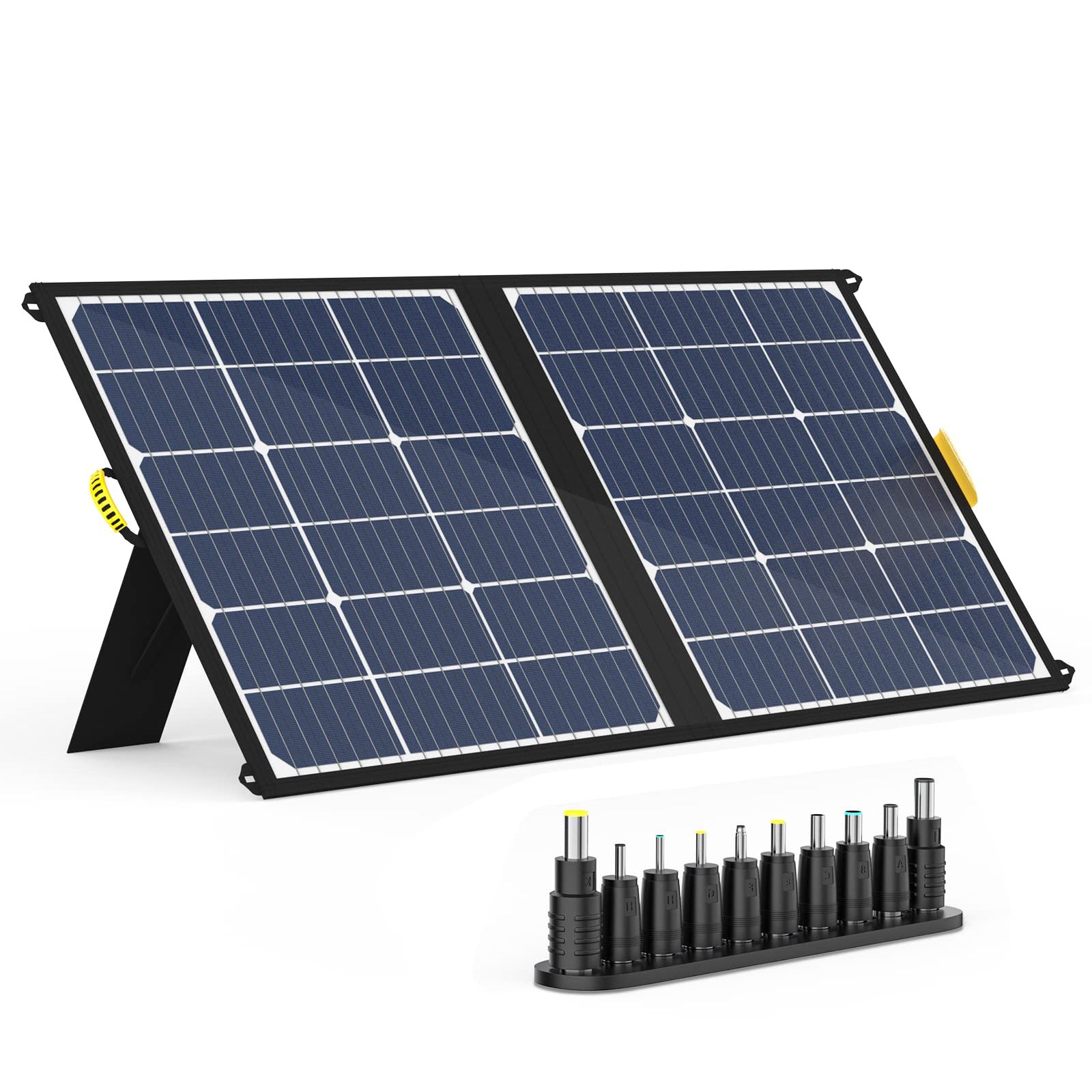A Comprehensive Guide to Choosing the Best RV Solar Panel System
Body
RV solar panels have become increasingly popular among outdoor enthusiasts who want to harness the power of the sun to provide electricity for their recreational vehicles. With the advancement in solar technology, it is now possible to power your RV appliances and devices using clean and renewable energy. In this comprehensive guide, we will explore the key factors to consider when choosing the best RV solar panel system for your needs.

Understanding Your Power Needs
Before diving into the world of RV solar panels, it is essential to assess your power requirements. Consider the appliances and devices you plan to power with solar energy. Make a list of their power ratings and estimate the total energy consumption per day. This will help you determine the size and capacity of the solar panel system you need.
For example, if you plan to run a refrigerator, lights, water pump, and charge your electronic devices, you will need a solar panel system with higher wattage and battery capacity. On the other hand, if you only need to charge small devices like smartphones and laptops, a smaller system will suffice.
Types of RV Solar Panel Systems
There are two main types of RV solar panel systems: monocrystalline and polycrystalline. Monocrystalline panels are made from a single crystal structure, making them more efficient and expensive. Polycrystalline panels, on the other hand, are made from multiple crystal structures, making them less efficient but more affordable.
When choosing between the two, consider your budget and energy requirements. If you have ample roof space and a higher budget, monocrystalline panels may be the better option. However, if you are on a tight budget and have limited roof space, polycrystalline panels can still provide sufficient power for your RV.
Factors to Consider
Solar Panel Efficiency
The efficiency of a solar panel refers to its ability to convert sunlight into electricity. Higher efficiency panels will generate more power in the same amount of sunlight compared to lower efficiency panels. When choosing an RV solar panel system, look for panels with higher efficiency ratings to maximize the power output.
Durability and Weather Resistance
Since RVs are constantly exposed to various weather conditions, it is crucial to choose solar panels that are durable and weather-resistant. Look for panels with a sturdy frame and a high-quality tempered glass cover to withstand hail, snow, and strong winds. Additionally, consider panels with a high IP rating to ensure they are protected against dust and water ingress.
Mounting Options
Consider the mounting options available for the solar panels. Roof-mounted panels are the most common choice for RVs, as they utilize the available roof space efficiently. However, if you prefer flexibility and portability, you can opt for portable solar panels that can be set up and positioned according to the sun's angle.
Battery Capacity and Charge Controller
The battery capacity and charge controller are crucial components of an RV solar panel system. The battery capacity determines how much energy can be stored for later use, while the charge controller regulates the charging process to prevent overcharging and damage to the battery. Ensure that the battery capacity is sufficient for your power needs and that the charge controller is compatible with the solar panel system.
Conclusion
Choosing the best RV solar panel system requires careful consideration of your power needs, the type of panels, efficiency, durability, mounting options, and battery capacity. By understanding these factors and conducting thorough research, you can make an informed decision that will provide you with clean and reliable power for your RV adventures.
For more information on RV solar panel systems, you can visit the following credible sites:










Comments